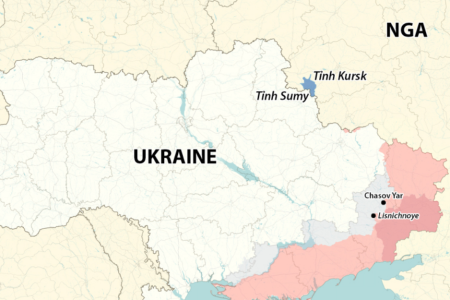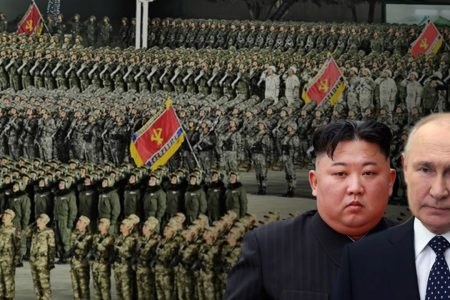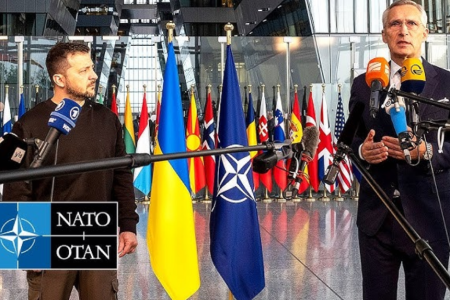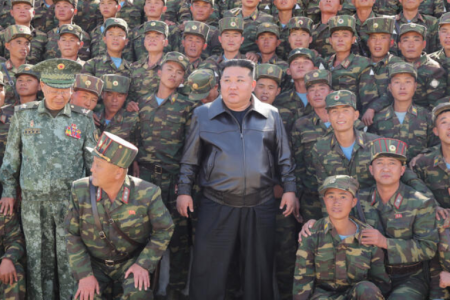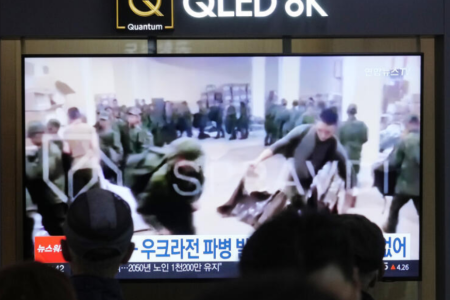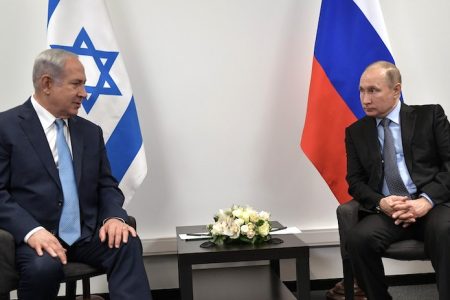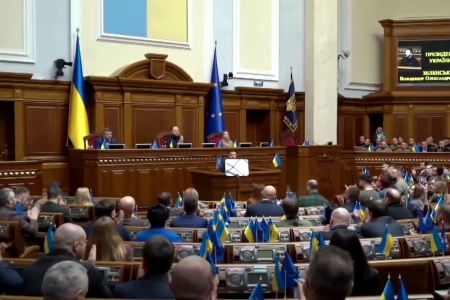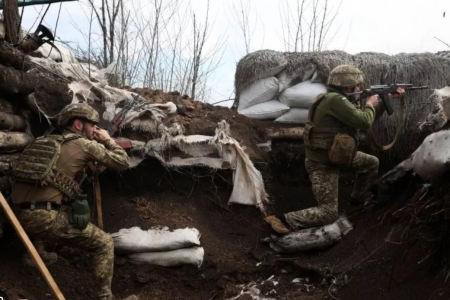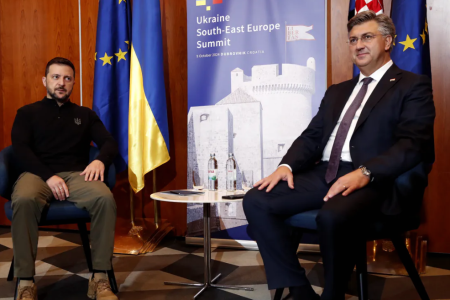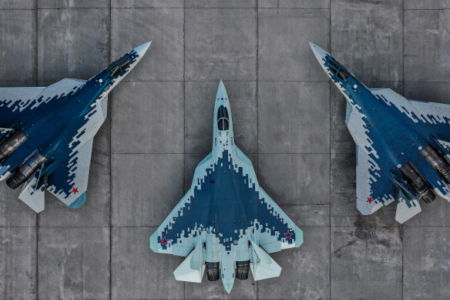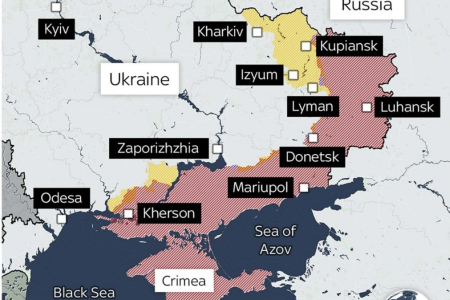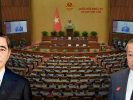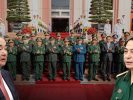
The recent policy statements of Washington show more clearly the US commitment to maintain the rule of law in the South China Sea (Vietnamese call it East Sea), and Washington stands side by side with Hanoi to protect Vietnam’s sovereignty and interests consistently with international law, as well as to reject the thinking “truly belongs to the strong” in the resource-rich sea.
That is the view of US Ambassador to Vietnam Daniel Kritenbrink expressed in an article published in Thanh Nien newspaper on July 20.
The US highest diplomatic representative in Hanoi recalled the event in July 2016, an international arbitration tribunal ruled that under the 1982 UN Convention on the Law of the Sea (UNCLOS), there was no legal basis for any Chinese historical, sovereignty and jurisdictional rights in the area called the “cow’s tongue line” that Beijing draws on the map of the South China Sea, in addition to those specified in UNCLOS.
But over the past four years, China has ignored the ruling, intensifying its campaign of intimidation to undermine the sovereignty and interests of Vietnam and other coastal countries in Southeast Asia, the US ambassador wrote.
The US is increasingly concerned as Beijing takes advantage of the global focus on coping with the Covid-19 pandemic to push its claims in the waters farther away, replacing international law with a “truth of mind” attitude about the strong,” said the head of the US diplomatic mission in Vietnam.
“The statement of Secretary of State Mike Pompeo and the Ambassador of the US in Hanoi is a position that can be said to be very clear, very determined, very strong compared to the past … Again, not for the first time, the US side supported and sided with other ASEAN countries, including Vietnam.” Dr. Tran Cong Truc
In response to China’s actions which aim to reject international law and gradually abolish the sovereignty and interests of Vietnam and Southeast Asian countries, US Secretary of State Mike Pompeo announced on July 13 the Washington policy change for maritime claims, Ambassador Kritenbrink wrote.
“The US opposes any Chinese claim to waters outside the territorial waters of 12 nautical miles from these islands to make claims in the Truong Sa (Spratlys) or from Scarborough Shoal,” the US diplomat said.
This includes a clear rejection of China’s claim to Vanguard Bank, where Beijing has carried out “a long-standing campaign of coercion and harassment of Vietnam’s oil and gas activities,” said Ambassador Kritenbrink. He continued that Secretary of State Pompeo and the US considered the bullying “not only provocative and destabilizing, but also illegal.”

Commenting on recent US views made by the country’s top diplomats, Dr. Tran Cong Truc, former head of the Vietnamese Government Border Committee, told VOA:
“The statement of Secretary of State Mike Pompeo and Ambassador Kristenbrink in Hanoi is a position that can be said to be very clear, very determined, and very strong compared to the past. Those contents are completely consistent with perspectives of Vietnam and other countries in the ASEAN region once again, rather than the first time, the US side supported and stood back to the countries in the ASEAN region including Vietnam to fight against wrongdoing so as to uphold the law.”
Comparing the conduct of the world’s two leading powers to UNCLOS, Ambassador Kritenbrink emphasized in Thanh Nien newspaper on July 20 that although the US is not a member of this convention, all previous and the current US administrations acknowledge and comply with the provisions of the convention.”
In contrast, China signed and ratified UNCLOS, but “blatantly ignored” its treaty obligations under the convention, the US diplomat wrote.
“The recent US policy statements clearly reflect our commitment to uphold the rule of law in the South China Sea by supporting international law reflected in UNCLOS. This is the US commitment to share with Vietnam, one of the most active members of UNCLOS,” affirmed the head of the US diplomatic mission in Vietnam.
“I do not think that the US makes such a statement and that such strong words are intended to entice Vietnam against China. Because they know that Vietnam never advocates partnering with one country to fight another.” Dr. Tran Cong Truc
Referring to the 25-year bilateral diplomatic relationship that the two countries have just celebrated, and the Comprehensive Partnership dating back to July 2013, Ambassador Kritenbrink pointed out that the US statements are also “evidence” for power ”of this relationship, and adds:
“The US position on the South China Sea shows that the US works closely with Vietnam to protect your sovereignty and interests consistent with international law – including the rights to offshore oil and gas resources, and fishing rights, which are vital to the economic prosperity of Southeast Asian nations.”
US Ambassador Kritenbrink also affirmed: “The US stands side by side with Vietnam to reject the imposition of the thinking ‘truth belongs to the strong’ in the South China Sea.”

Dr. Tran Cong Truc, who has more than 30 years of experience in Vietnam’s border and territory work, said that while the US statements were beneficial for Vietnam and some ASEAN countries, they still aimed to serve US interests are above all else.
While many people in Vietnam expressed on social networks the excitement of the US statements, as well as the desire for Vietnam to advance further in relations with the US, expert Tran Cong Truc said that it is still too early to thinking about America’s alliance with Vietnam. He told VOA:
“I do not think that the US makes such statements and such strong words are intended to entice Vietnam, not to do so to entice Vietnam against China. Because they know that Vietnam never advocates partnering with one country to fight another. No coalition links, especially for the time being. Later on, the situation may change.”
Vietnam’s border and territorial experts say the country has long tried to strike a balance in relations with major countries to avoid conflicts, wars, and he said that this approach “achieved certain efficiency ”in the fight for Vietnam’s interests in the South China Sea.
Thoibao.de (Translated)



